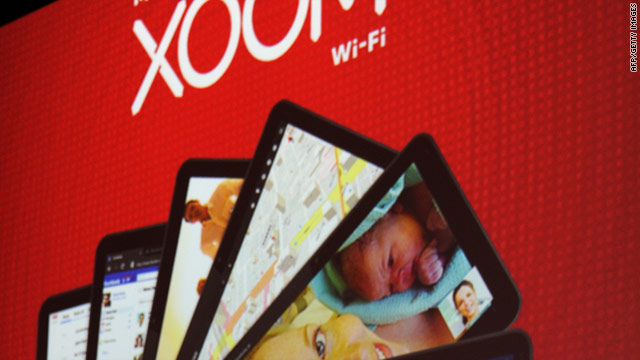 Gadgets You Should Get Rid Of (or Not) - Yahoo! Finance: "The common rap against technology is that it leads to an accumulation of devices. But the nature of technology is changing. Fewer products are doing more tasks — all accomplished by countless lines of massless software code.
Gadgets You Should Get Rid Of (or Not) - Yahoo! Finance: "The common rap against technology is that it leads to an accumulation of devices. But the nature of technology is changing. Fewer products are doing more tasks — all accomplished by countless lines of massless software code.And so we no longer need to accumulate products. If anything, we can cut down. The question is, Which can be replaced and which are fine, or even preferable, to keep? It is plain as day that paper maps and Rolodexes have given way to their digital counterparts. But what else can you get rid of? Here is a list of common consumer technologies and products and a somewhat opinionated judgment on whether to keep or pitch it.
- Sent using Google Toolbar"




